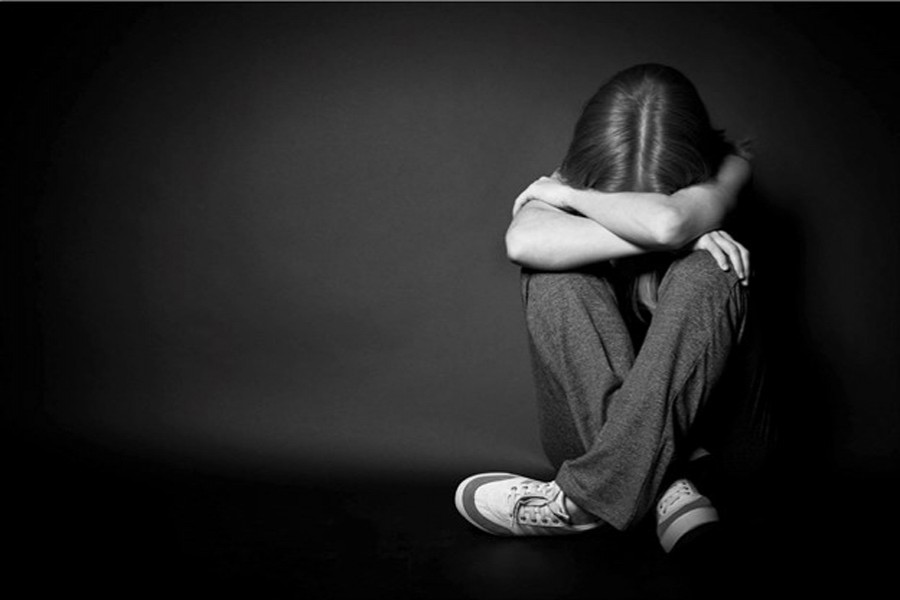
Published :
Updated :

The fact that the country is far from taking serious actions against human trafficking is not only upsetting, but it also triggers a warning signal for the country. A recent report by an international news agency says that Bangladesh could face sanctions because of its failure to convict human traffickers. Citing the number of offenders who were jailed as disproportionately low compared to the increasing incidents of trafficking-even on a mass scale, the report adds that according to a US-based agency, Bangladesh is marginally better than the worst performers like North Korea, Syria and Iran in tackling human trafficking.
Sanction or no sanction, the fact that the government despite having a law titled, Human Trafficking Deterrence and Suppression Act 2012, to address the matter has so far done very little seriously undermines the gravity of the offence that more than anything takes its toll not only on the victims but on society at large. Trafficking in Bangladesh, as is pretty well known, takes various forms and shades-not just in the form of alluring victims to migrate overseas but also to traffic them within the country. A significant share of Bangladesh's trafficking victims are men recruited for works overseas with fraudulent employment offers, who are subsequently exploited under conditions of forced labour or debt bondage. Children - both boys and girls - are trafficked within the country for commercial sexual exploitation, bonded and forced labour. Some children are sold into bondage by their parents, while others are induced into labour or commercial sexual exploitation through fraud and physical coercion. Women and children are also trafficked outside the country for commercial sexual exploitation. The clandestine attempts to send boat-loads of workers to Malaysia a couple of years ago ending either in drowning in the deep seas or as bonded labour highlighted the notorious scheming by traffickers. Some arrests were made, some people were convicted, but there is hardly any indication that the authorities were able to unravel the trafficking network, let alone tear it down.
The news agency report mentioned above says that Bangladesh has been placed on the U.S. State Department's Tier-2 Watch List in its annual global Trafficking in Persons (TIP) report, one step above the worst offending countries. The report alleged that Bangladesh only convicted one trafficker in 2017, did not stop illegal brokers recruiting workers and officials who are often complicit in trafficking. According to police records, some 5,000 cases have been filed under the respective law passed in 2012 which criminalised sex and labour trafficking within and beyond the country. But only about 30 people have been convicted since then.
This by any measure is near-criminality. The victims who somehow survived the ordeal and retuned home were first-hand witness to the relentless evil. Taking cognizance of their complaints the criminals could by now be brought to book- had the authorities been earnest. Given the nature and severity of the offence, it was of utmost importance to set up a specialist anti-trafficking tribunal, as required by the anti-trafficking law. Failure of the government to do so is indeed a big barrier to implement the law. It is time the authorities woke up to do the needful.


 For all latest news, follow The Financial Express Google News channel.
For all latest news, follow The Financial Express Google News channel.